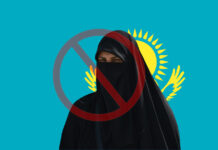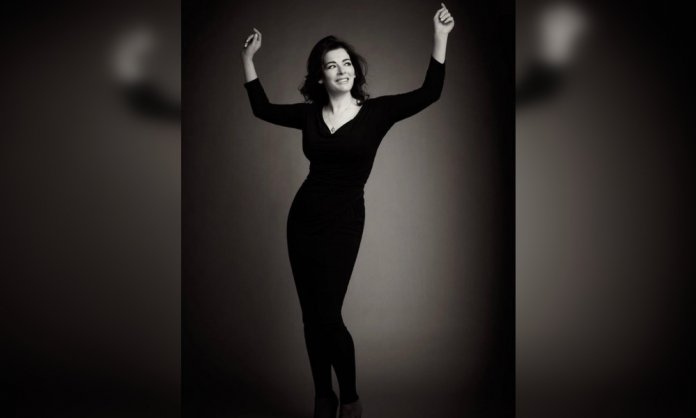In the past week or so, there has been a significant increase in the number of women posting pictures of themselves, all of which have received the black-and-white treatment. The wave of posed and edited monochrome photos, often accompanied by ‘#womensupportingwomen’ somewhere in the caption, has been facing a backlash as women in Turkey have come forward and shared the story of how this movement came to be.
The black-and-white challenge originally began in 2016 to raise cancer awareness. However, it was repurposed by Turkish women following the murder of Pınar Gültekin – a 27-year-old student murdered by her ex-boyfriend in July. Marches, held in four cities, called upon the Turkish government to uphold the Istanbul Convention. It was designed to establish equal rights and protect victims of domestic violence – a treaty the Turkish government is considering backing out from.
The #challengeaccepted tag was revived in order to draw attention to how victims of gender violence are left with nothing more than a black-and-white photo in newspapers following their deaths. The aim is to ensure the Istanbul Convention is strictly enforced and prohibits future discrimination against women, hence the additional hashtag: #İstanbulSözleşmesiYaşatır
According to an Instagram user, Turkey’s legal system “legitimises and normalises violence against women,” oftentimes giving their male assailants reduced prison sentences.
Here’s Why Women Are Posting Black & White Selfies On Instagram?
What had been revived as a tool to bring Turkey’s rapidly rising femicide rates to global attention has morphed into another social media trend. With celebrities posting photos of themselves posing and adding a filter to said photos, the hashtag has shifted from being centered around a harrowing discussion to a means of spreading joy and empowering others during the COVID-19 pandemic.
Turkey’s use of the hashtag has been lost as more women, famous or otherwise, have posted and tagged others in the hopes they’ll do the same. Many Turkish women have made attempts to redirect the movement back to Gültekin and the nearly 500 other victims of honour killings. Criticism of women on Instagram comes from a place of concern as many feel the intention of the hashtag is being squandered by women merely posting a selfie-and tagging their friends.
Once the meaning of the campaign came to light, some women either deleted or updated their posts. Chef Nigella Lawson added an apology to the caption of her original photo, saying:
“I have only just found out that this challenge was originally meant to draw attention to the growing number of murders of women in Turkey, and am mortified didn’t know when I posted. It seems inappropriate now and hardly fitting for the serious and terrible issue of femicide. I apologise”
The primary debate that has emerged from the use of #challengeaccepted is whether or not Instagram activism is enough. Most celebrities who engaged in the movement have the means of raising awareness about femicide in Turkey, yet have stuck to posting a glamorous photo and simply tagging others. Even in the case of female empowerment, a highly edited photo as ‘activism’ is contentious.




































